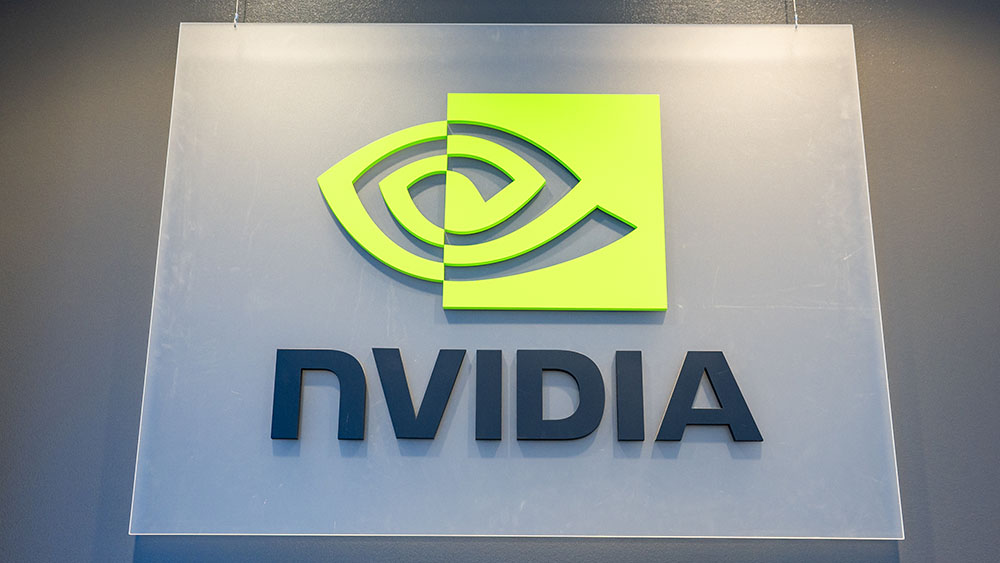The Crypto AG Scandal: How American and German spy agencies turned encryption into espionage
- The Swiss encryption company Crypto AG, trusted globally for its secure devices, was secretly owned and controlled by the CIA and Germany’s BND, enabling systematic espionage.
- The company's products had built-in weaknesses, allowing the U.S. and Germany to intercept and decrypt communications from over 120 countries, including allies and adversaries.
- The scheme, spanning decades, generated millions in profits from governments unknowingly paying for compromised devices while providing intelligence goldmines (e.g., monitoring Iran during the 1979 crisis and aiding Britain in the Falklands War).
- Russia and China avoided Crypto AG's products due to distrust of Western-made encryption, escaping compromise.
- After the 2020 revelations, Switzerland launched an investigation while Crypto AG's successor Crypto International denied any current intelligence ties. The scandal exposes how commercial operations can mask state-sponsored espionage.
For decades, governments around the world trusted the encryption devices sold by Crypto AG, a Swiss company renowned for its precision engineering and cutting-edge technology. What they didn't know was that
many of those machines were rigged.
Revelations in February 2020 confirmed long-running suspicions: Crypto AG was secretly owned and controlled by the U.S.
Central Intelligence Agency (CIA) and the German
Federal Intelligence Service (BND). Given this, Crypto AG machines
were engineered with secret vulnerabilities that allowed the two spy agencies to eavesdrop on the confidential communications of allies and adversaries alike.
According to classified documents, the company's encryption products contained deliberate weaknesses, enabling the agencies to intercept and decrypt messages from more than 120 countries including Iran, India and Pakistan. A CIA report hailed the operation as the "intelligence coup of the century."
The scheme, which spanned from the Cold War into the 2000s, was not only a surveillance goldmine but also a lucrative business. Governments paid top dollar for Crypto AG’s hardware, funneling millions in profits back to the CIA and BND. "Foreign governments were paying good money to the U.S. and West Germany for the privilege of having their most secret communications read by at least two foreign countries," the CIA boasted in an internal memo.
The intelligence haul was staggering. During the 1979 Iranian hostage crisis, U.S. officials reportedly monitored Iranian communications through
Crypto AG's compromised machines. In the Falklands War, the CIA shared intercepted Argentinian military intelligence with Britain.
Yet not all nations were fooled. Russia and China, wary of Western-made encryption, avoided the devices entirely.
The roots of the operation trace back to Boris Hagelin (1892-1983), a Russian-born Swedish inventor who fled to the U.S. during World War II. His portable encryption machines were used by American troops before he moved to Switzerland, where his technology advanced further.
This progress alarmed U.S. intelligence, who feared losing access to foreign communications. William Friedman, America's top codebreaker, persuaded Hagelin to sell only the most secure machines to approved U.S. allies. Older, more vulnerable models were distributed elsewhere.
By the 1970s, the
CIA and BND took complete control of Crypto AG, overseeing everything from hiring to sales strategy. Despite years of whispers about the company's covert ties, concrete proof remained elusive – until now.
In 2018, the original entity was split into two – CyOne (for sales within the Swiss market) and Crypto International. Established by Swedish businessman Andreas Linde, Crypto International obtained the brand name, product rights and international distribution network from Hagelin's original firm. Linde's company insists that it has no links to either the CIA or the BND.
Swiss authorities, who were reportedly aware of Crypto AG’s ties to intelligence agencies for years, have scrambled to contain the fallout. In November 2019, the government appointed a retired judge to investigate the allegations.
But for the governments that relied on Crypto AG's devices, the betrayal is undeniable. The scandal lays bare the thin line between commercial enterprise and
state-sponsored espionage – and the high price of misplaced trust.
Watch Martin Brodel discussing
CIA front companies such as Crypto AG in this clip.
This video is from the
Martin Brodel channel on Brighteon.com.
Sources include:
Brighteon.ai
BBC.com
Brighteon.com
 Parler
Parler Gab
Gab










